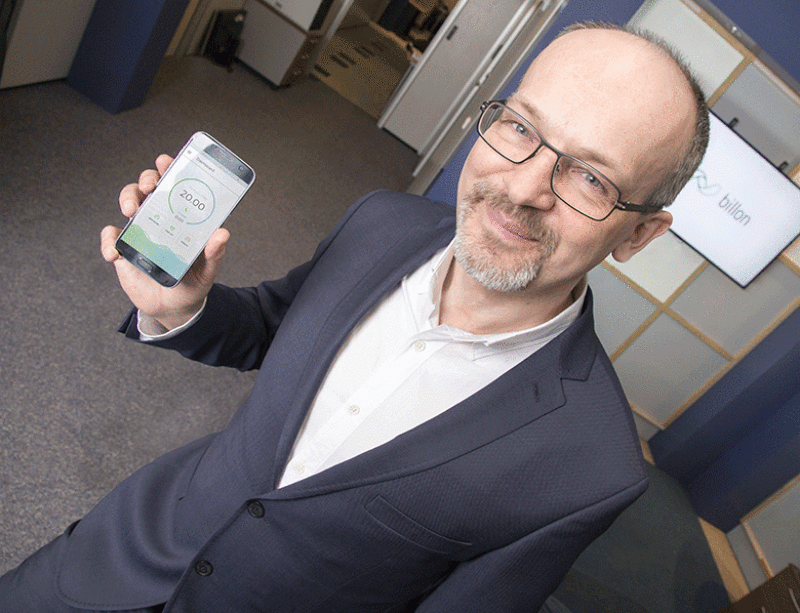
Billon’s chief executive Andrzej Horoszczak
Trading futuristic-sounding crypto-assets or conventional securities across new blockchain networks promising instantaneous transfer of value all sounds very exciting. Storing and updating millions of banking records, loan documents and terms and conditions, associated with insurance and other financial products, does not.
But the decision in May by the Polish credit office, Biuro Informacji Kredytowej (BIK), the largest credit bureau in central and eastern Europe (CEE), to implement blockchain for storage and secure access to sensitive customer information may eventually prove a far more significant shift in the technological underpinnings of global banking than the emergence of bitcoin futures or billion-dollar equivalent initial coin offerings.
BIK, which is owned by the largest banks in Poland, including Pekao, ING, mBank, Santander and Citi, tracks nearly 140 million credit histories of over 24 million people and one million businesses. As the Polish banking system grows, large volumes of new records are created and existing ones updated each month, placing an increasing strain on these banks’ creaking legacy back-office systems at a time of new data regulation and shifting customer expectations over speedy access to records.
